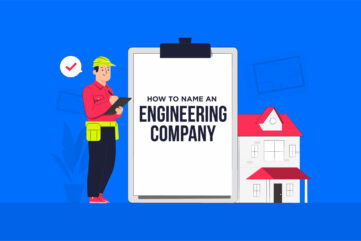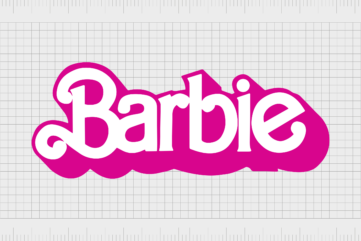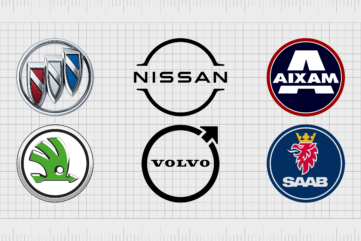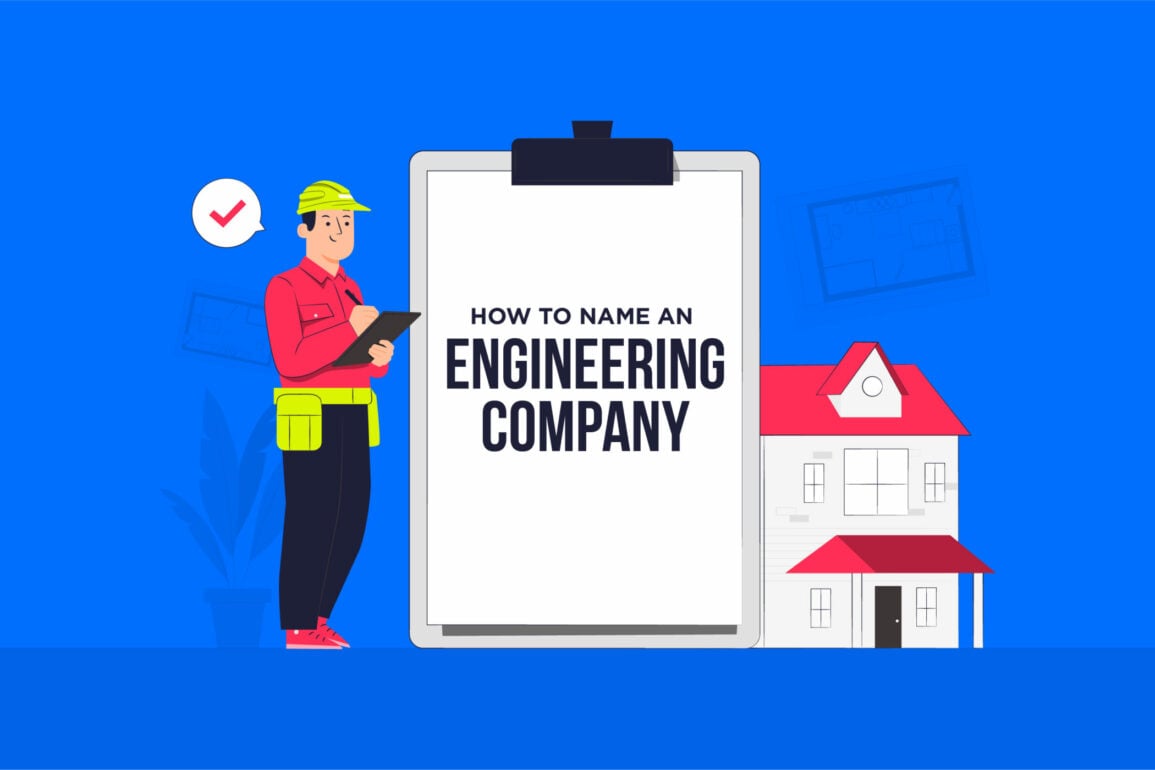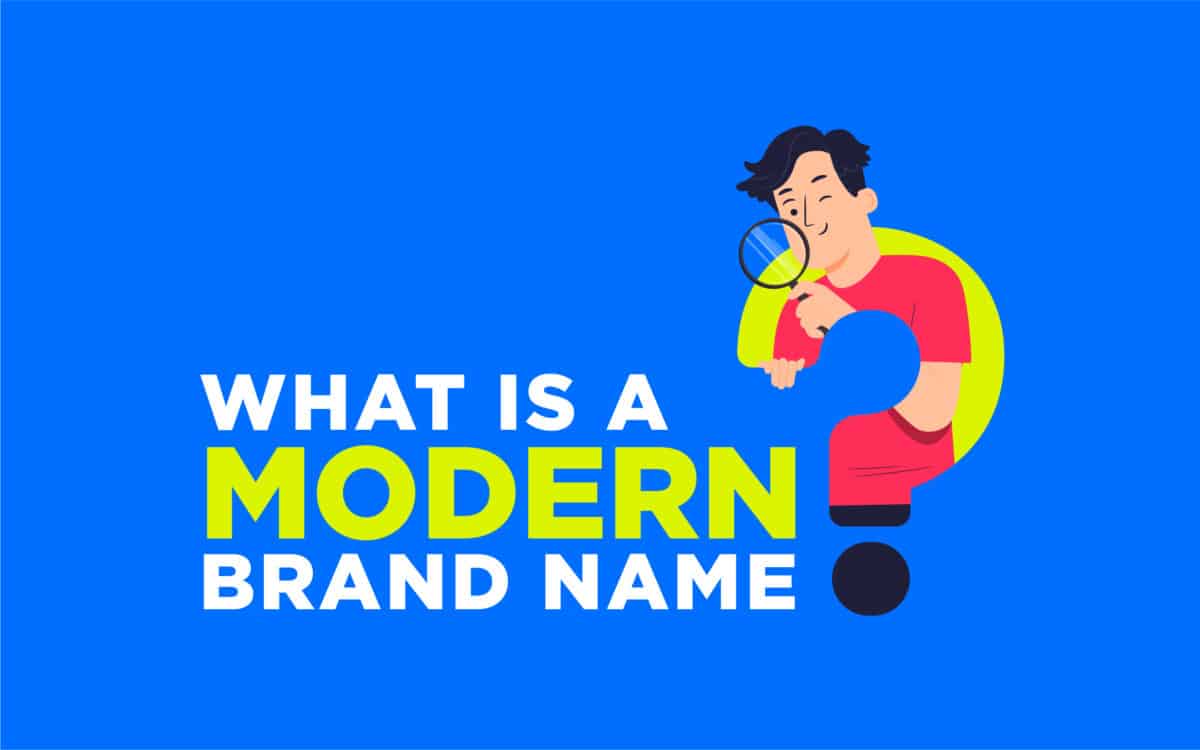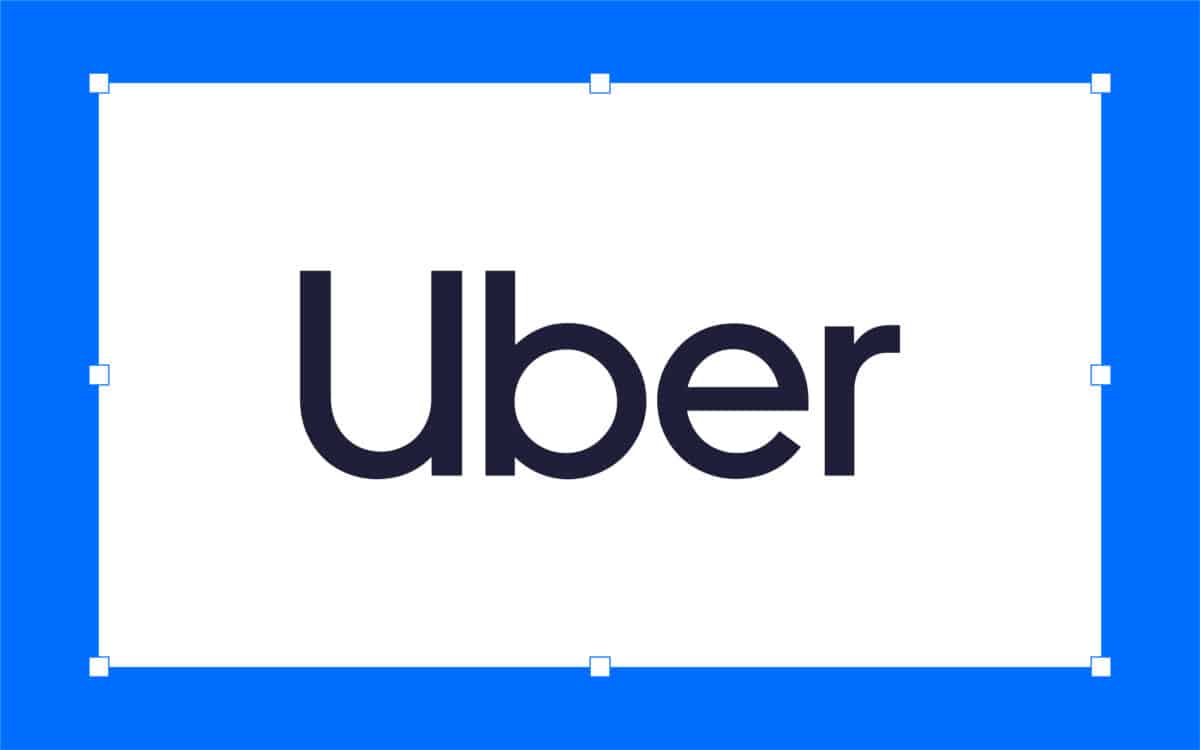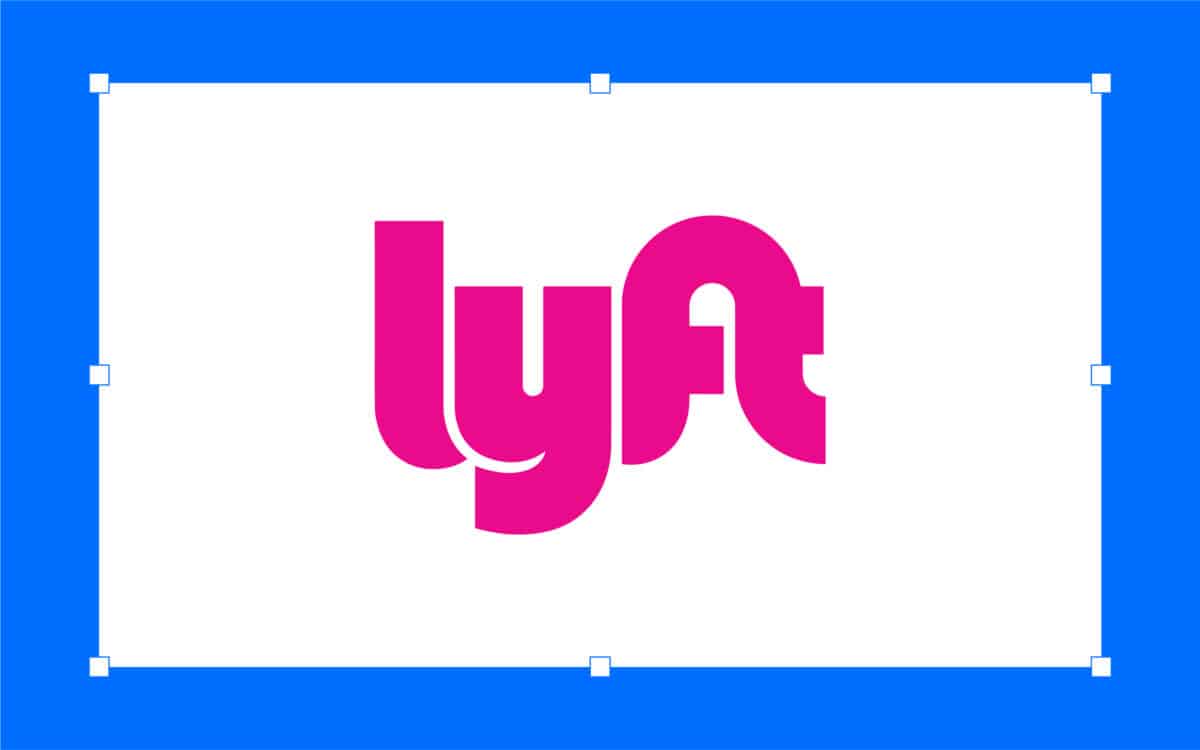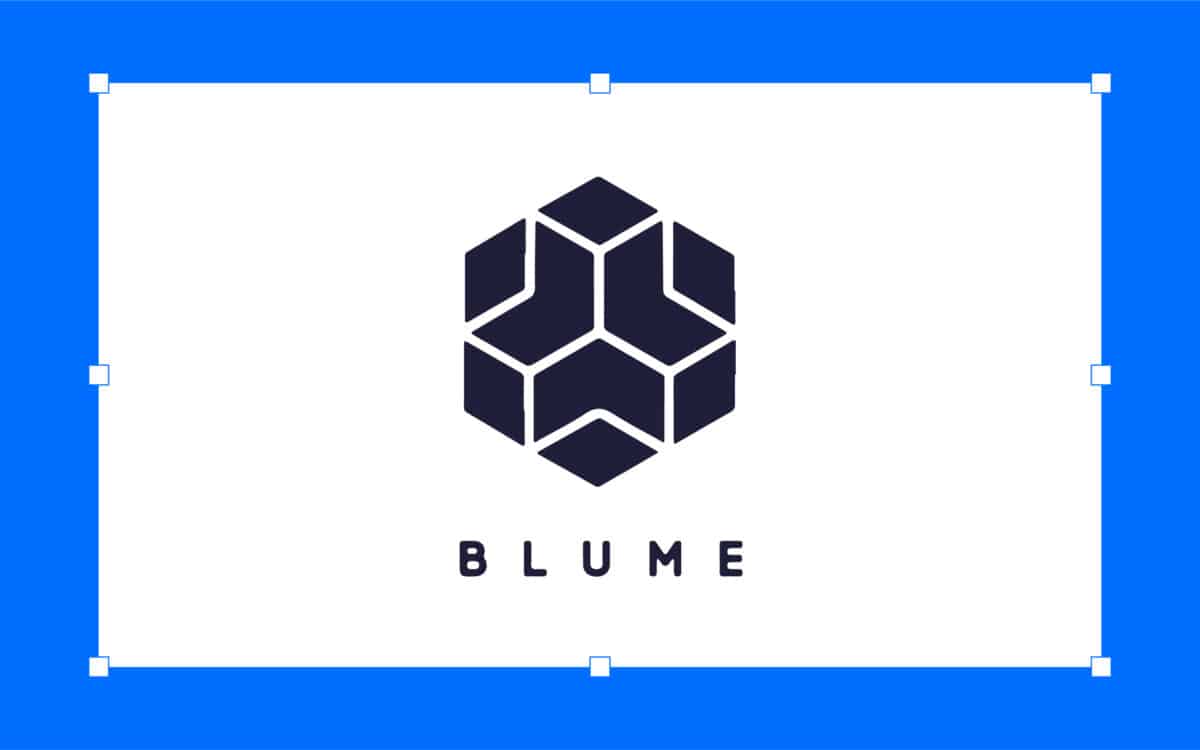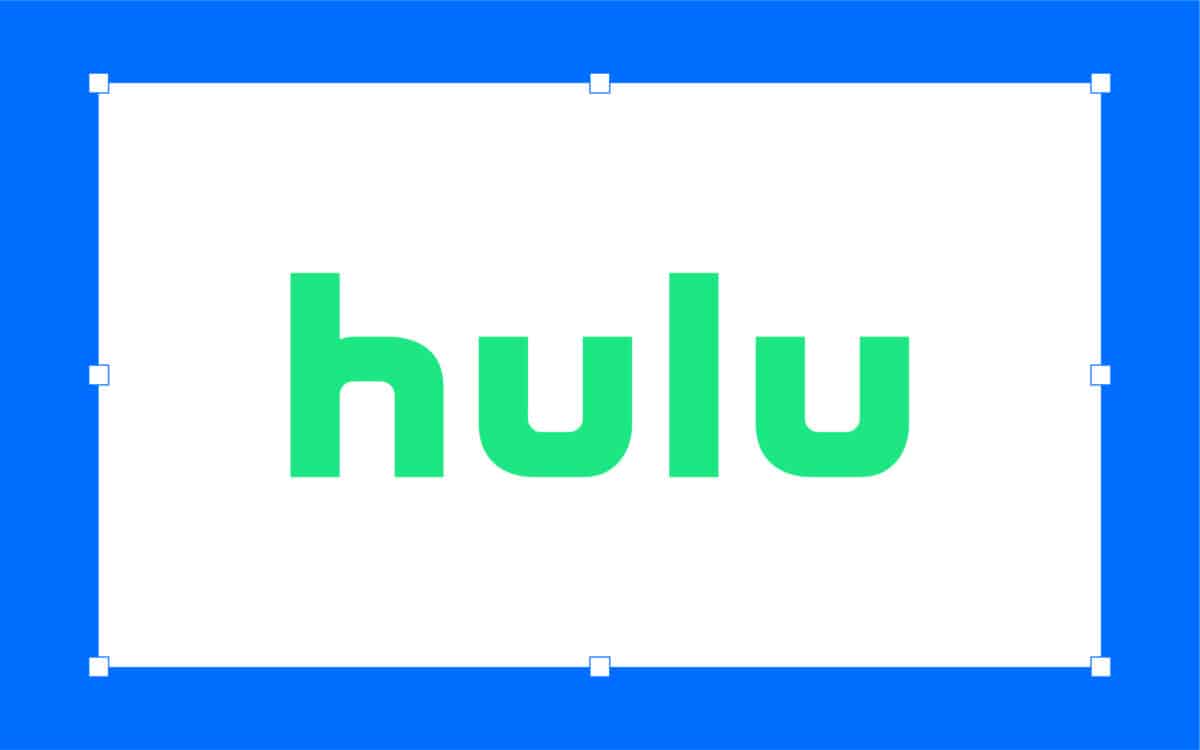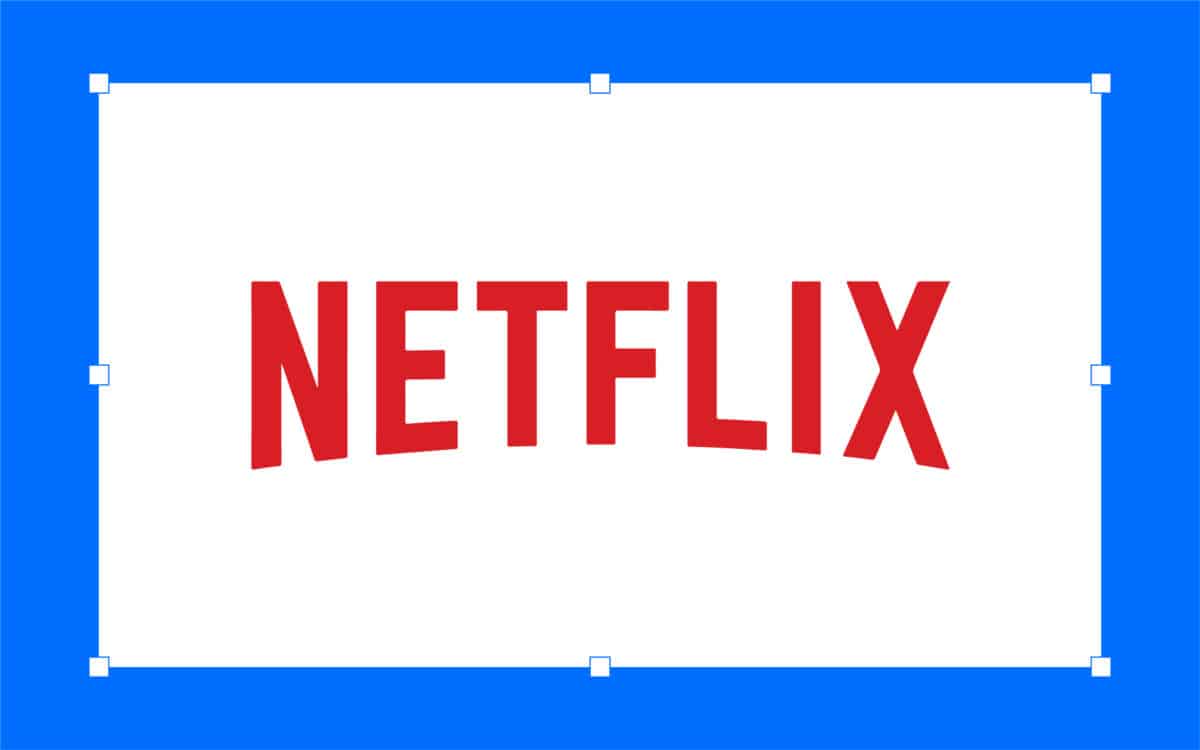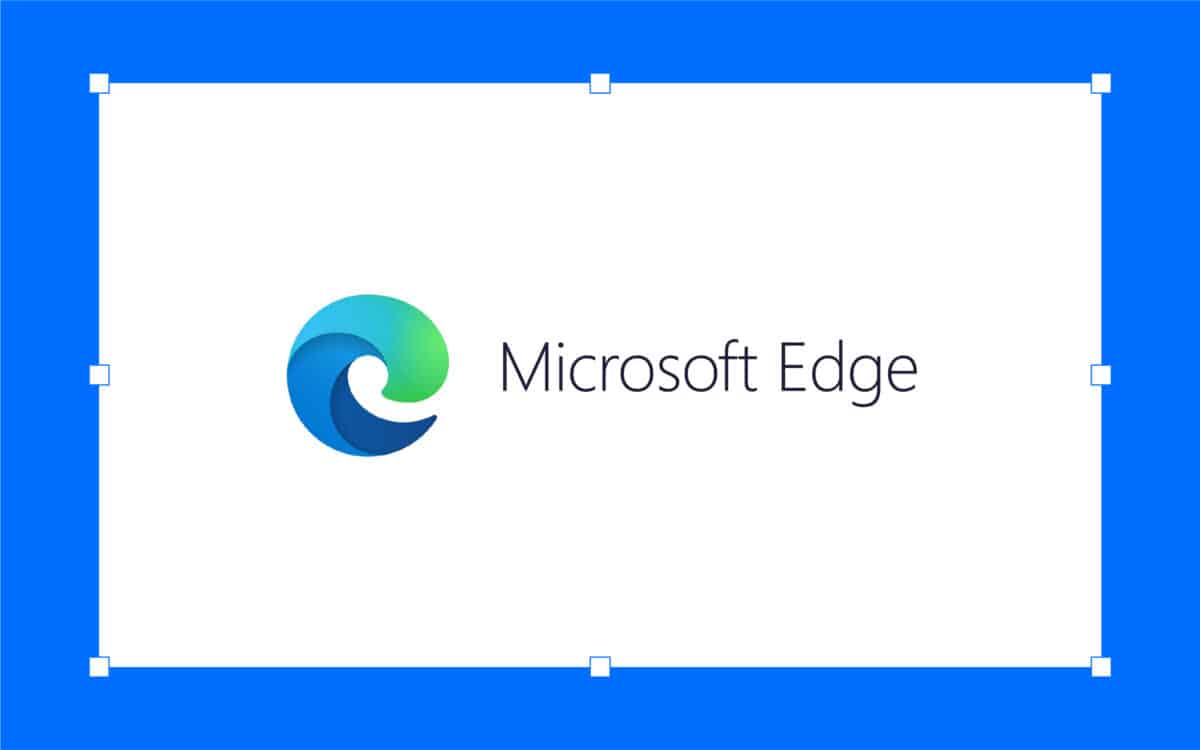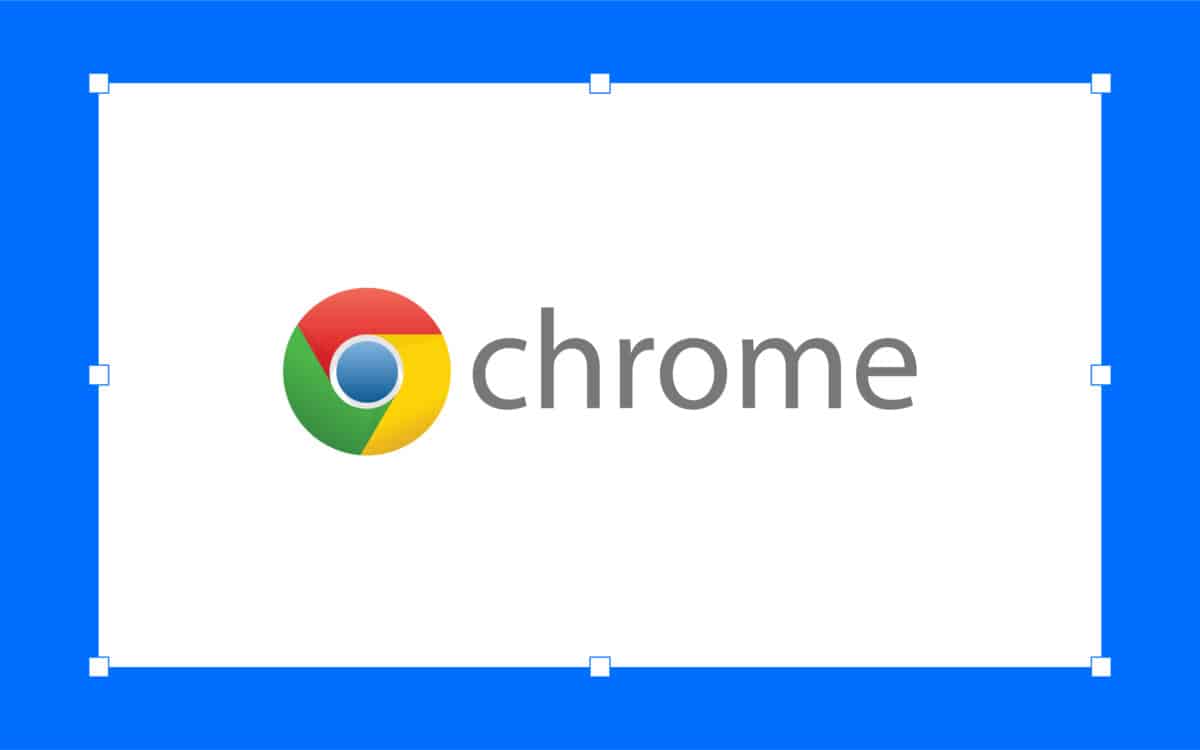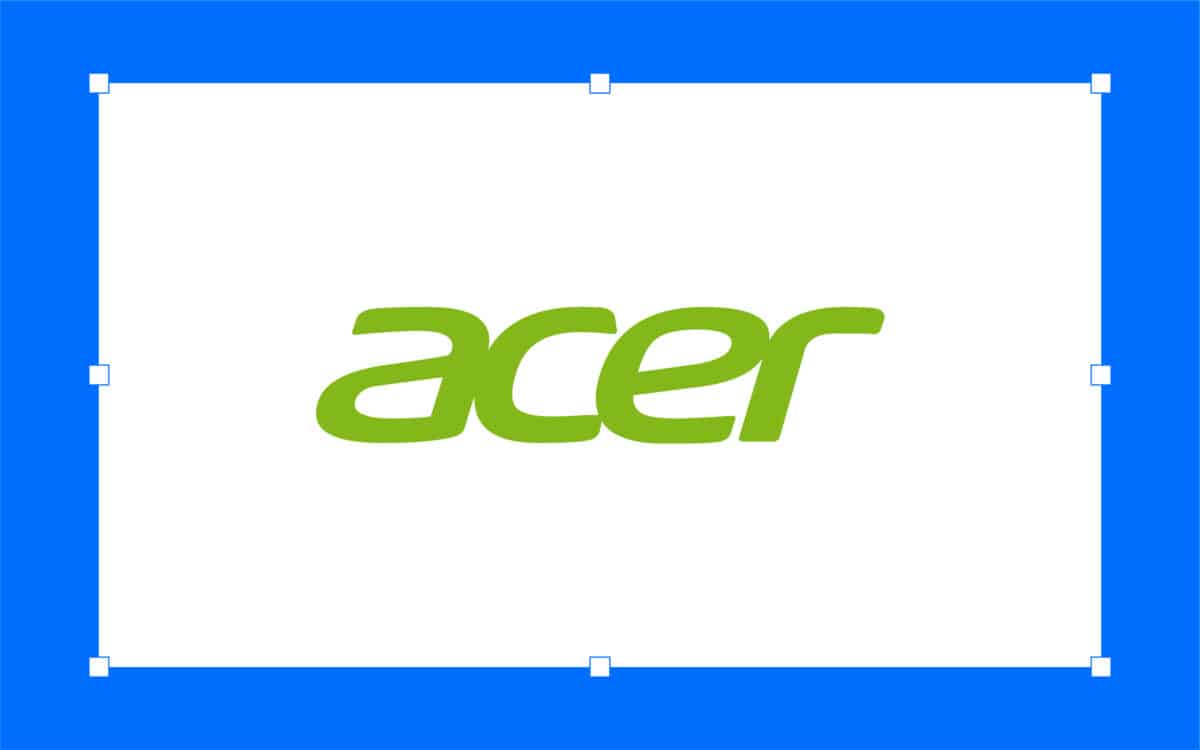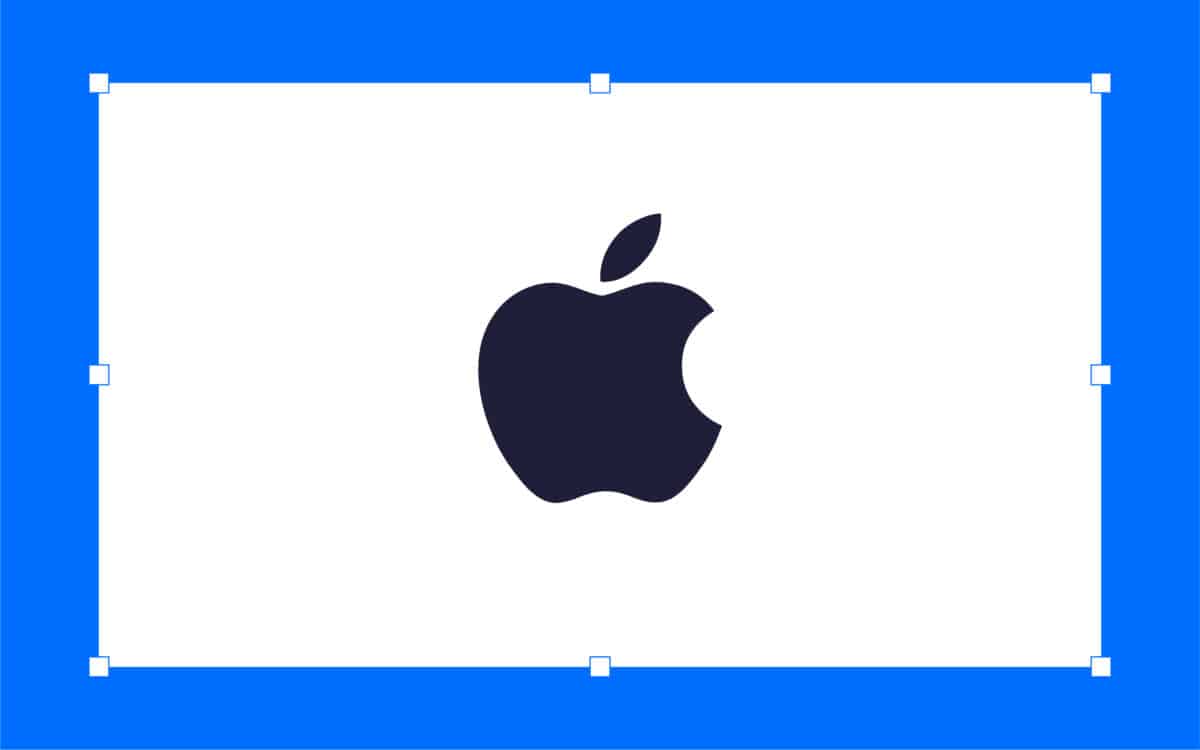What are modern brand names? The essential guide to modern company names

What are modern brand names, and what can they do for your business? Naming a company correctly is one of the most important things any business leader can do. After all, before your customers can be engaged and enraptured by your marketing, they first need to be intrigued by your company’s identity.
Like a logo, a name is one of the first branding assets a customer will encounter when stumbling onto a new business. It’s potentially the first opportunity you’ll have to entice your customer and give them an insight into what your organization is all about.
There are many different types of monikers to choose from in today’s naming landscape. Some brand names are descriptive – designed to give your customers a behind-the-scenes look at what your organization does and how it works.
Others are evocative and built to inspire emotional connections to your business by connecting it to specific ideas.
A modern brand name is exactly what it sounds like – a moniker chosen to make your company appear more up-to-date, contemporary, and innovative.
Today, we’re taking a closer look at how modern brand names work, where they’re beneficial, and what kind of companies thrive best with modern monikers.
What is a modern brand name?
Modern brand names are titles created to make your company appear as “up-to-date” as possible. They’re essentially the opposite of “traditional” names, which connect your company to the past, nostalgia, and heritage.
With a modern brand name, organizations connect themselves to the present and the future.
A modern company name could be the perfect tool if you want to build a brand personality that’s all about being on the cutting edge. It tells your audience you have your finger on the pulse of your industry and you’re ready to innovate.
Of course, modern brand names aren’t without their challenges. After all, what might be deemed “modern” in some cultures can often differ. Additionally, our perception of modernity can grow as the world continues to evolve rapidly.
A name that seems trendy and up-to-date when you choose it could quickly become redundant over the years.
One of the best things about modern company names is they’re versatile. Since there’s no specific set of requirements for creating a modern brand name, you’re free to experiment with different naming styles, from using compound names to evocative words and even invented terms.
The only defining factor of a modern brand name is that it should look and sound contemporary.
Some companies like Lyft and Netflix have even created a modern brand essence by deliberately misspelling their names with letters that can often appear edgy and fun.
What are the pros of modern brand names?
Modernity is an excellent characteristic to pursue when defining your company’s unique identity and personality. People like to purchase from companies that appear to be on the cutting edge, offering innovative solutions and forward-thinking products.
A modern brand title can make your company appear more inventive and creative, especially when paired with a contemporary approach to marketing and sales.
While traditional names have benefits, modern names help organizations set themselves apart from the “status quo.” They’re an excellent choice for businesses looking to be perceived as “out of the box” thinkers.
While modern names can come in many different forms, they’re often intriguing and unique. Look at companies like Apple, for instance. The name is modern because it’s distinctive compared to many other standard titles in technology.
Some of the major benefits of modern brand names include:
Differentiation
The core benefit of a modern brand name is it helps to position a brand as a new and innovative alternative to existing companies in its industry. With a modern name, you set yourself apart from the crowd by focusing on futuristic concepts, unique ideas, and creativity.
This is a great way to attract more customers.
Innovation
Coming up with a modern name often means playing with language. Many of the most influential modern company names are abstract, inventive, or compound terms, highlighting the brand’s creativity.
They help to distinguish a company as unique and inventive, which tells customers they can expect something new.
Memorability
Used correctly, a modern brand name can be extremely memorable. Look at options like Netflix.
The name isn’t just compelling and descriptive; it’s also fun to look at and great to pronounce. This helps to keep modern companies “top of mind” for their target audience and can strengthen an organization’s chances of growth.
Audience appeal
Modern names are often a good choice if you’re looking to appeal to a younger, more experimental audience.
They identify a brand as one that lives outside the typical status quo. A modern name can be an excellent choice if you want to reach younger customers, particularly those familiar with the digital and technical worlds.
Engaging
Modern brand names are steeped in meaning. They’re not just different for the sake of being unique.
The companies with the best modern names use titles intended to connect with the emotions of their target audience. Not to mention the right modern name can also improve your advertising.
Look at examples like Lyft; it’s evocative and descriptive, without being overly traditional.
What are the cons of a modern name?
Modern business names can be evocative, charming, and engaging.
They’re an excellent way to build brand equity, particularly in specific industries where innovation is vital, such as the technology space. Many startups use modern brand names to identify themselves as distinctive competitors in their field. However, these names have their challenges.
All moniker choices in the business world have pros and cons, and modern brand names are no exception. Perhaps the biggest challenge of modern brand names is identifying what your customers perceive as “modern.” Concepts of modernity are constantly changing.
Today’s consumers widely regard “modern” brands as being those with an innovative mindset, a compassionate nature, and a commitment to critical values like sustainability. Simply adding an “x” or a “z” to your name may not be enough to be perceived as contemporary.
Some of the biggest downsides of modern brand names include:
Resilience
As perceptions of modernity continue to evolve, it’s easy for a title that would previously be seen as “modern” to quickly grow outdated. This is particularly true if you choose a name based on a modern trend.
It’s essential to ensure your title is resilient enough to stand the test of time and maintain its modern appeal.
Audience alienation
While modern brand names can be an excellent way to attract the attention of adventurous and younger audiences, they can alienate other customers.
If your target audience is looking for signs of heritage and history, a modern brand name could make your company look young, flaky, and unreliable.
Confusion
Modern company names require a certain level of creativity.
Companies often experiment with misspellings, made-up words, and evocative terms that don’t tell customers much about the brand’s purpose. This can lead to confusion, and make it harder for your target audience to understand what your brand is all about.
Spelling
Many examples of modern brand names, such as Lyft and Netflix, use miss-spelled terms to connect with their audience.
While this might make the organizations seem more fun and up-to-date, it can also mean customers misspell the names when searching for companies online. It’s worth making sure your audience can still find you with a modern brand name.
Scalability
As mentioned above, perceptions of what is “modern” can differ from one community, country, and region to the next. It’s worth extensive research into your target audience before brainstorming titles.
Determine what modern really means to your customers before you choose a name.
Examples of modern brand names:
There’s no clear set of rules for what a modern brand name should be.
While descriptive names need to tell your audience what your organization does, and evocative names create an emotional connection, modern names simply focus on one thing: being on the cutting edge. This means it can be challenging to define what a modern brand name should look like.
We often associate modernity with specific things, such as technology, science fiction, futuristic concepts, and even particular letters. Some people perceive letters like X, Y, and Z to be more contemporary and trendier.
If you need help defining what a modern name might include for your company, here are some examples to help.
Uber
As mentioned above, many leading startups have chosen “modern” names to distinguish themselves as new and contemporary competitors in their field. Uber is one such example. The ride-sharing app chose the name “Uber” for a multitude of reasons.
First, “uber” is a relatively unusual term that doesn’t frequently appear in our day-to-day dialect, making it seem more creative.
Secondly, the word “Uber” is often associated with excellence and supremacy. Uber is a word used to refer to something “beyond” the ordinary.
Lyft
Another example of a ride-sharing company with an excellent modern name is Lyft.
The word “Lift” is something we frequently associate with driving and transportation, thanks to modern colloquial terms. By building on slang most consumers are already familiar with, Lyft has created a name that’s both evocative and descriptive, great for attracting its target audience.
However, since the word “lift” on its own wouldn’t be particularly brandable or engaging, Lyft chose to switch the letter “I” with a “Y.” This demonstrates its innovative approach and out-of-the-box thinking, boosting its modernity.
Blume
Blume is another memorable moniker with a modern vibe. Hearing it out loud, we’re instantly reminded of the word “bloom,” which is associated with growth and development. This makes the title an excellent choice for a company focused on construction.
Blume has effectively disconnected itself from the floral landscape by choosing a different spelling for their name. The name is engaging and evocative while still maintaining a contemporary edge. It helps the brand to stand out to its target audience.
Hulu
Hulu is an evocative name, but it’s also one many perceive as being quite modern.
The name of the streaming service comes from two Chinese characters. Additionally, the title also relates to a specific Chinese proverb. Hulu is mandarin for the word “gourd,” a product previously used to store precious items.
The word Hulu itself is compact, straightforward, and easy to remember. It also feels fun to say, boosting the company’s word-of-mouth marketing capabilities.
Netflix
Netflix is an excellent example of a compound name, a descriptive title, and also a relatively modern moniker. Like “Lyft,” the Netflix company chose its title based on colloquial slang. People frequently use the word “flicks” to refer to movies or television shows.
Netflix uses its name to tell its audience what they can expect from the service – access to instant entertainment over the web. The “x” at the end of Netflix makes the name look more streamlined and contemporary, differentiating the brand.
Edge
The name for the latest Windows browser is another fantastic example of a modern brand name. Updated from the previous “Explorer,” the word “Edge” is one we already associate heavily with modernity, sharpness, and innovation.
The name builds on existing connotations evocatively to make the solution appear more contemporary.
The word “Edge” is also an excellent option for a product name because it’s short and straightforward. The title is relatively easy to remember and works well in a fast-paced digital environment.
Chrome
For years, “chrome” components have been seen as futuristic and modern. In the architectural and design space, chrome accents often make a space more up-to-date.
With this in mind, the Google company chose the name “Chrome” to make its browser appear as something shiny, new, and contemporary.
Like the word “Edge” for the Microsoft browser, the name “Chrome” is also wonderfully memorable and simple. It’s a fantastic choice for a company that wants its product to be perceived as the most current option on the market.
Acer
Technology companies frequently use modern brand names to make themselves stand out and highlight a more innovative personality. The word “Acer” comes from the title of a specific shrub.
However, in the slang colloquial world, Acer has also been used to mean genius, professional, or champion.
The word “Acer” makes fantastic sense for a technology company that wants to highlight its products as being the best on the market. It’s sleek, sophisticated, and looks great in the company’s branding assets.
Apple
Apple is the most iconic example of a successful modern business name. Like many other modern titles, Apple is considered contemporary because it breaks from the traditional norms of the technology industry.
When the organization chose its name, it wanted to set itself apart from the other more technically focused monikers on the market.
Using a unique and evocative name like Apple, which people often associate with discovery, nourishment, and growth, helped Apple position itself as a brand that thinks outside the box.
Tips for choosing modern company names
Used correctly, modern brand names can have a lot of potential benefits for today’s business leaders. They’re a fantastic tool for making your company appear more cutting-edge and contemporary. However, choosing a modern name without extra help can also be tricky.
Modernity isn’t a one-size-fits-all concept. What we perceive as modern can vary depending on where we live, our background, and our culture. Additionally, because the world is constantly changing, the perceptions of modernity are evolving all the time.
If you need help choosing an effective modern business name, you can work with a specialist naming firm with experience in creating modern titles. Here are some other quick tips to get you started.
Research your audience
The first step in choosing an effective modern brand name is getting to know your customers.
It would be best if you had a clear understanding of what your target market considers “modern” or contemporary. This means getting to know your clients, learning the terms they use, and researching different language options.
Examine your competitors
Modern names are often perceived as such because they’re very different from what’s currently in the industry. If you want your name to be seen as more cutting-edge, you’ll need to make sure it’s different from what other brands are already using.
That will help you to appear more inventive, and ensure you can avoid legal issues.
Look for meaning
The best names, whether modern, traditional, or descriptive, always have a deeper meaning. The right title should always tell your customer something about your organization.
For example, Apple tells its audience that its company is fresh, focused on growth, and committed to innovation. What does your chosen name mean to your customers and potential stakeholders?
Make it simple
Although choosing a modern name often means experimenting with different word combinations and spellings, it’s worth making sure your moniker doesn’t end up being too complex.
Your chosen title still needs to be relatively easy for people to pronounce and spell, or you won’t be able to grow. Keep it short and sweet.
Focus on timelessness
Modernity can be challenging to convey for long periods, as the marketplace and landscape constantly change. However, one good way to ensure your title doesn’t quickly become outdated is to avoid following any of the latest trends.
Don’t just choose a name because it’s what’s “hot” right now. Focus on timelessness.
Be creative
Modern names like TikTok, Uber, and Lyft are contemporary because they take a unique approach to naming. Don’t just use words your customers are already familiar with. Allow yourself to experiment with different compound terms and spellings.
Ask yourself whether your chosen name looks and feels modern.
It’s worth testing any names you come up with before you introduce them to your audience. Make sure you get input from as many different people as possible in your business. Ask them to describe your name in a couple of words and track how often people mention the word “modern.”
Are modern business names right for you?
Modern brand names are excellent for contemporary, innovative, and creative companies to show their personality. A good modern name can be a fantastic way to demonstrate your more inventive side and tell customers you’re committed to being on the cutting edge.
Chosen correctly, a modern name can tell your audience you’re up-to-date, future-focused, and inventive. However, it’s important to think carefully about the customers you’re trying to reach and the style of naming that makes the most sense for you.
If you’re struggling to select an effective modern name yourself, seek out the assistance of a professional naming agency. Through their company naming service, they will do the research and due diligence to find a fantastic name on your behalf, so you can focus on growing your business.
Fabrik: A naming agency for our times.

We’ve made our name famous by naming other businesses.
Get in touch if you have a company, product, or service that requires a unique name. Click below, and let’s start a conversation today!
Now read these:
—Types of brand names, the ultimate guide
—An in-depth guide to descriptive brand names
—The pros and cons of abstract brand names
—When to use an evocative brand name
—Your guide to invented company names
—Is a lexical brand name right for your business?
—An insight into acronymic business names
—Putting geographic brand names on the map
—Should you name a business after yourself?
—Definitive guide to compound brand names
—Is a playful business name right for you?
—Adding up alphanumeric company names
—Why are metaphorical brand names popular?
—Weighing up technical company names
—Getting to grips with historical brand names


